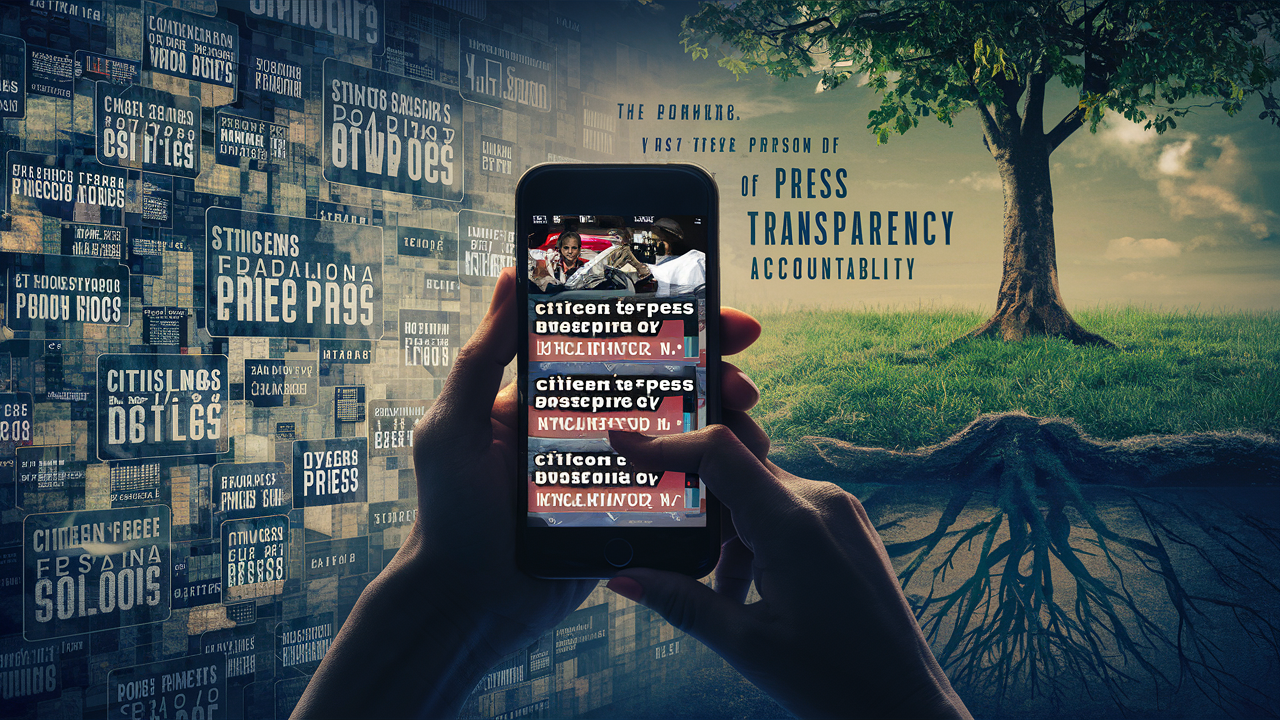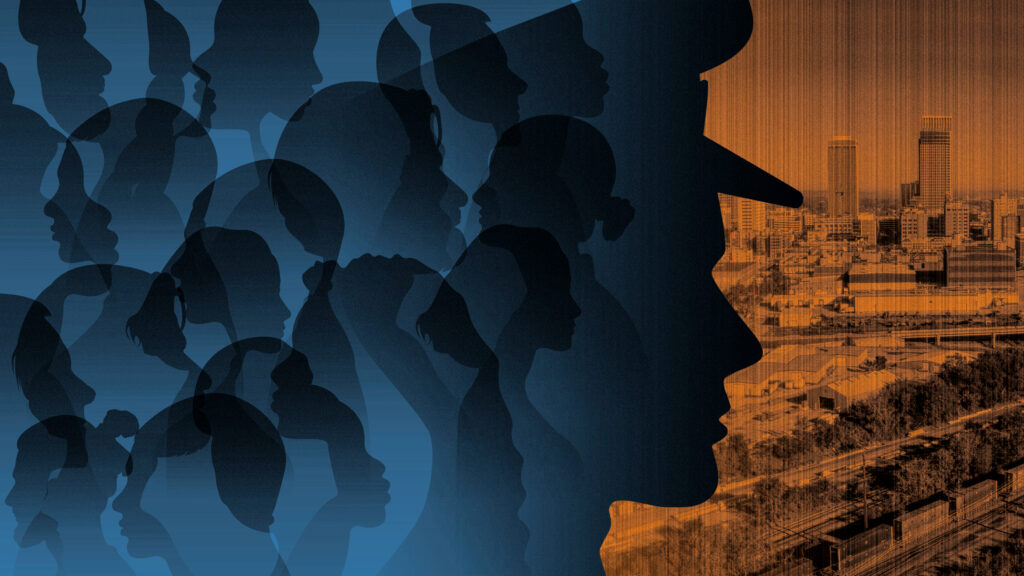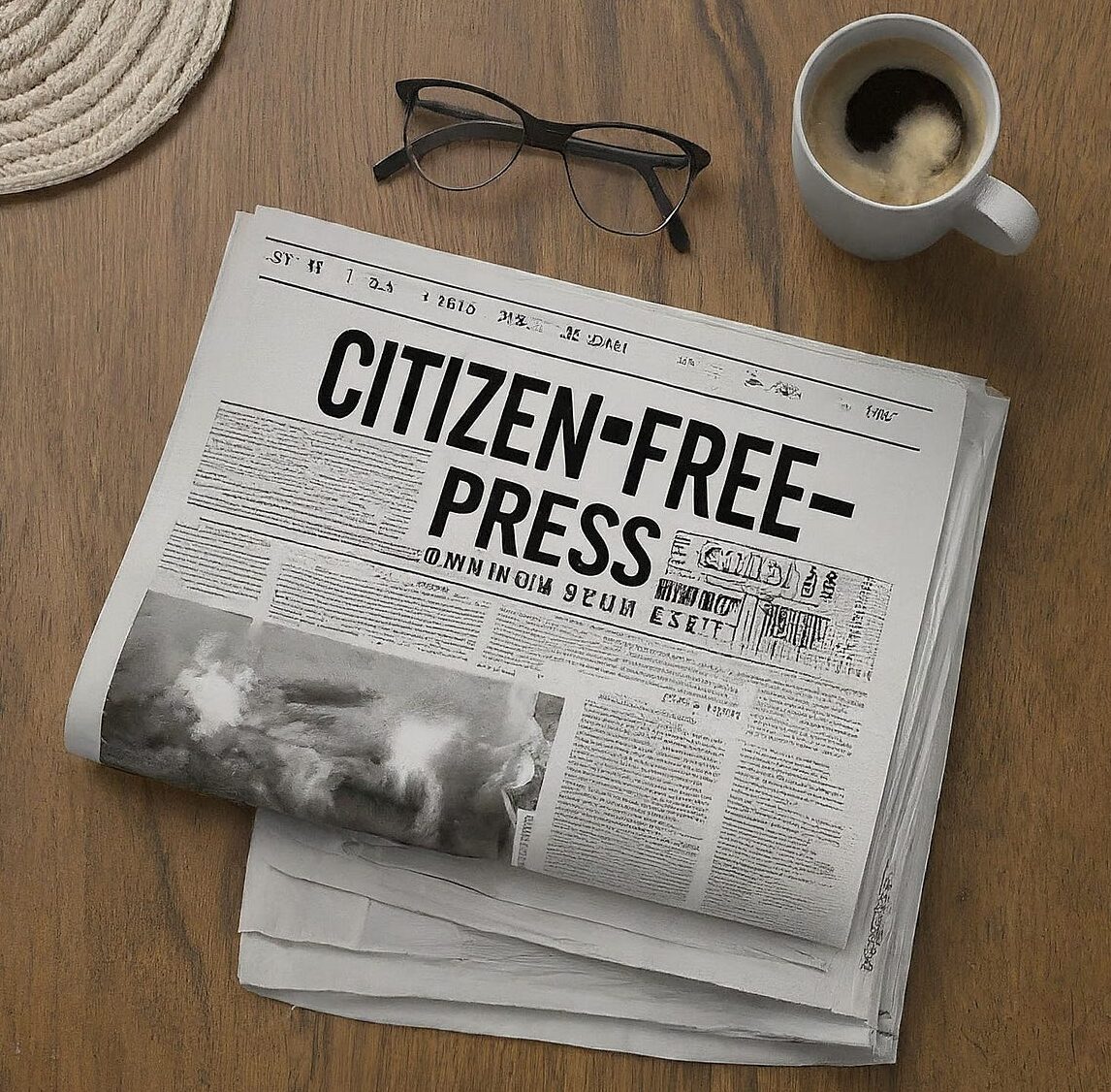Investigating Citizens Free Press Bias: Facts & Analysis | Discover
Is the pursuit of truth truly blind, or are the scales of journalistic integrity subtly, yet undeniably, weighted? The pervasive presence of bias within the "citizens free press" is not merely a theoretical concern; it's a tangible force shaping public perception, influencing political discourse, and, ultimately, eroding the very foundations of informed citizenry.
The term "citizens free press" itself is a fascinating paradox. It evokes ideals of citizen journalism, a decentralized, democratic model where individuals, armed with smartphones and the internet, can bypass traditional media gatekeepers and disseminate information directly. This vision of a press "free" from institutional constraints and corporate influence holds immense appeal. However, the reality often diverges sharply from the ideal. The absence of professional editorial oversight, the allure of viral sensation, and the echo chambers of social media combine to create an environment ripe for the propagation of biased narratives. This inherent susceptibility to bias, coupled with a lack of traditional journalistic standards, raises serious questions about the reliability of information consumed by the public. The "citizens free press," in its purest form, might be seen as a noble experiment, but it's an experiment fraught with peril, especially when it comes to discerning truth from falsehood.
To fully grasp the implications of "citizens free press bias," we must first understand its various manifestations. The most obvious form of bias involves the deliberate selection and presentation of facts to support a predetermined agenda. This can range from cherry-picking statistics to omitting crucial context to outright fabrication. The absence of rigorous fact-checking, a cornerstone of professional journalism, makes it easier for such distortions to take root and spread rapidly. Another critical element is the use of loaded language. Words and phrases are strategically chosen to evoke specific emotional responses, swaying the audience's perception without explicitly stating an opinion. This subtle manipulation can be incredibly effective, particularly when employed by those seeking to influence public opinion.
Furthermore, the online ecosystem has amplified the problem. Algorithms designed to maximize engagement often prioritize sensational content, creating echo chambers where individuals are primarily exposed to information that confirms their existing beliefs. This "filter bubble" effect further entrenches bias, making it difficult for people to encounter opposing viewpoints or critically evaluate the information they consume. Moreover, the anonymity offered by the internet can embolden individuals to spread misinformation and engage in personal attacks, further contributing to the erosion of trust in the media and the public sphere. The speed and reach of the internet also makes it incredibly difficult to correct misinformation, even when it is demonstrably false. Corrections and retractions often fail to gain the same traction as the original falsehoods, leaving the public with a distorted view of reality.
The economic realities of the digital age also play a significant role in fueling "citizens free press bias." The decline of traditional media has led to a proliferation of online publications and content creators, many of whom rely on advertising revenue or donations. This financial pressure can incentivize the production of content that is likely to generate clicks and shares, regardless of its accuracy or fairness. This creates a perverse incentive for bias, as sensational and polarizing content often performs better than more balanced and nuanced reporting. Some sites are explicitly aligned with specific political ideologies, pushing propaganda under the guise of news. This lack of transparency and accountability further undermines the publics ability to discern truth from falsehood.
The ramifications of "citizens free press bias" are far-reaching. It contributes to political polarization, making it harder for people to engage in constructive dialogue and compromise. It erodes trust in institutions, including government, law enforcement, and traditional media. And, perhaps most concerningly, it undermines the ability of citizens to make informed decisions about their lives and their communities. A society reliant on biased information is a society vulnerable to manipulation and authoritarianism.
Addressing the challenge of "citizens free press bias" requires a multi-pronged approach. First and foremost, individuals must cultivate critical thinking skills. This includes learning how to evaluate sources, identify bias, and recognize logical fallacies. Media literacy education is crucial, particularly for younger generations, who are growing up in an environment saturated with online content. Second, platforms and social media companies must take greater responsibility for the content shared on their sites. This could involve implementing stricter fact-checking mechanisms, labeling potentially misleading information, and penalizing those who repeatedly spread misinformation. Third, the traditional media must redouble its efforts to provide accurate, unbiased reporting. While it is important to remember that there is no such thing as perfectly unbiased reporting, the established journalistic standards of verification, fairness, and accuracy remain essential for maintaining public trust.
Moreover, it is essential to support independent journalism and organizations that are dedicated to combating misinformation. This includes donating to reputable news outlets, supporting fact-checking initiatives, and promoting media literacy education. The fight against "citizens free press bias" is a collective effort, requiring the active participation of individuals, institutions, and technology companies. The future of democracy may very well depend on our ability to navigate the increasingly complex and challenging media landscape.
The legal and ethical considerations surrounding "citizens free press bias" are also worth exploring. Should there be legal limitations on the dissemination of misinformation, even if it is framed as protected speech? How can we balance the need for free speech with the responsibility to protect the public from harmful falsehoods? These are complex questions with no easy answers. However, it is clear that the existing legal framework is often inadequate to address the challenges posed by the digital age. We need to develop new approaches that respect fundamental rights while also safeguarding the integrity of information and promoting a well-informed citizenry.
Further complicating matters, it is essential to acknowledge that even the term "bias" can be subject to interpretation. What one person perceives as bias, another may consider a legitimate perspective. This is particularly true in highly polarized political environments. Therefore, the key is not to eliminate all bias, which is likely impossible, but to ensure that different viewpoints are represented and that the public has access to a diverse range of sources. This requires a commitment to transparency, a willingness to engage in civil discourse, and a recognition that there are often multiple valid perspectives on any given issue.
The potential for good within the "citizens free press" must not be overlooked. Citizen journalists can provide valuable insights and perspectives that are often missing from traditional media. They can also hold power accountable, document events that might otherwise go unreported, and promote community engagement. However, the success of citizen journalism hinges on its ability to overcome the inherent challenges of bias and misinformation. This requires a commitment to ethical practices, a willingness to engage in self-criticism, and a recognition that the pursuit of truth is a constant and demanding process.
In conclusion, the issue of "citizens free press bias" is not a simple one. It is a multifaceted challenge with no easy solutions. However, by understanding its manifestations, recognizing its impact, and taking proactive steps to address it, we can work to ensure that the "citizens free press" serves as a force for good, promoting informed citizenry and a more just and equitable society. The vigilance of all involved the creators and consumers of information is what will ultimately decide whether the "citizens free press" strengthens democracy or weakens it.



